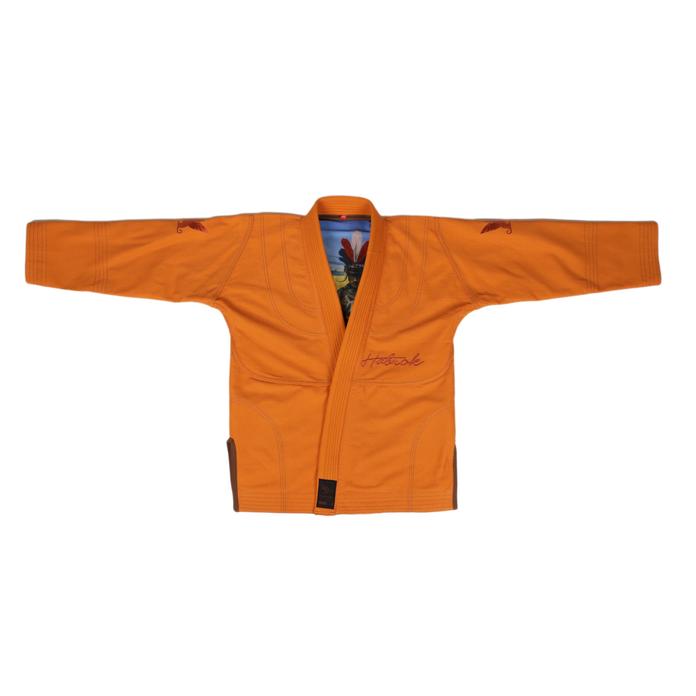Doctors get to wear their white coats, while lawyers can’t do without a good suit. Fighters also wear the gi to practice their profession. But what if there is more to know about your BJJ gi? Many enthusiasts practice this art for several reasons, although it is a profession for many. For this reason, it is essential to appreciate some vital aspects of the gi, like its maintenance and compliance with IBJJF rules when purchasing your combat outfits. This article offers a guideline to help you extend your gi life, provide proper care for your BJJ gi to look your best, and smell good.
BJJ gi requirements
Your BJJ gi needs to be weaved from cotton or a similar fabric. Presently, many gi outfits come with ripstop-made pants and lapels containing nylon threads arranged in squares. This is likewise acceptable for official competitions. Although your gi can either be black, white, or royal blue, some contests may require black belt fights to be conducted with only white or blue gis.
However, your BJJ Gi shouldn’t be thicker and wider than 13mm and 5cm, respectively. Also, your sleeves shouldn’t extend past 5 cm when the wrists when your arms are fully stretched to the front. The exact measurement applies to your pants from the ankle, which is why Bermuda shorts aren’t allowed. This is how to avoid making a purchase that might get you disqualified from a competition.
Caring for your gi
It’s prudent to wash your gi after every training session and keep two or more gis if you train twice daily. This way, you wouldn’t face any hygiene issues. If you wish to keep the rare gis, it is practical to find ways to keep it clean without causing damage to the fabric resistance. You are likely to machine wash if you don’t have enough time to hand wash. Yet, a complete machine wash isn’t always recommended, as it can damage your attire. Additionally, cold water and quality soap are suitable for washing your gi’s insides. Have you noticed your gi appear less worn out on the inside? It’s not only because the inside doesn’t rub against the mat.
Inside in washing can also fade your gi color with time. An ancient BJJ tradition is to wash your gi with vinegar to kill the smell-producing bacteria while protecting your fabric. A 5% vinegar solution is an excellent non-toxic antiseptic that kills the most germs. You can add soda to the solution if the smell lingers. Although there are many products available to do a proper cleaning job, most are usually expensive. For this reason, vinegar and soda will remain enduring favorites for most BJJ practitioners.
General tips for looking best and extending gi life
- Always wash using cold water.
- Use vinegar and water solution to soak your gi for 8 hours before washing after every six months.
- Also, include baking soda in your wash load every six months.

